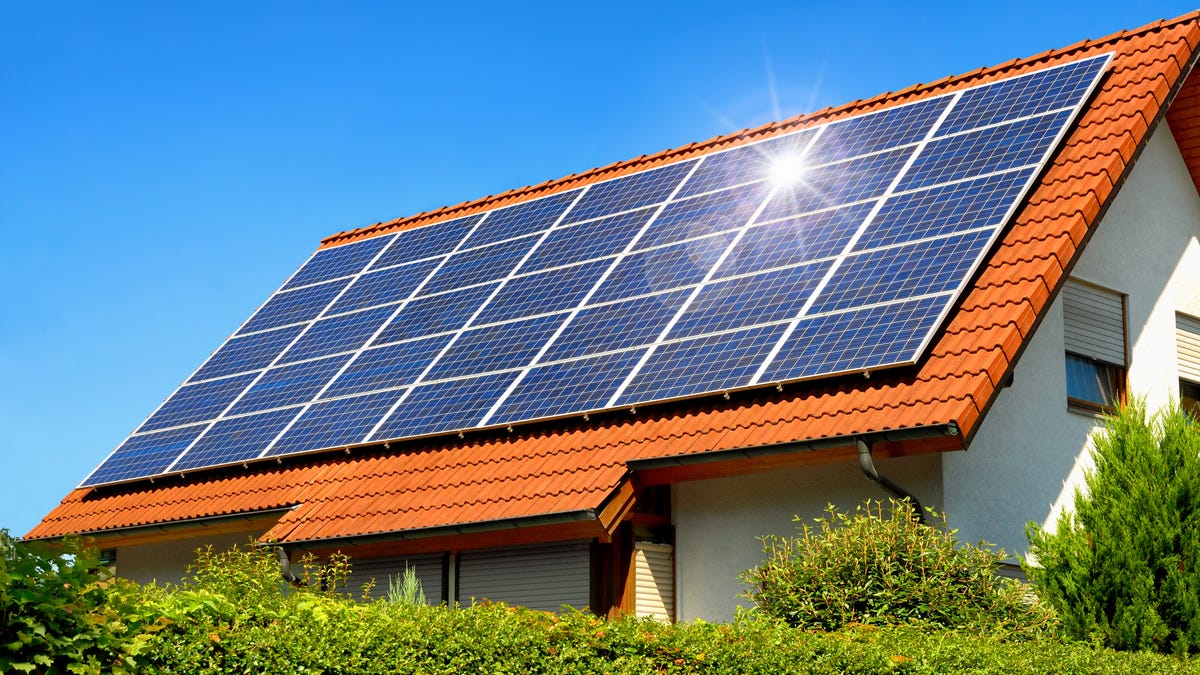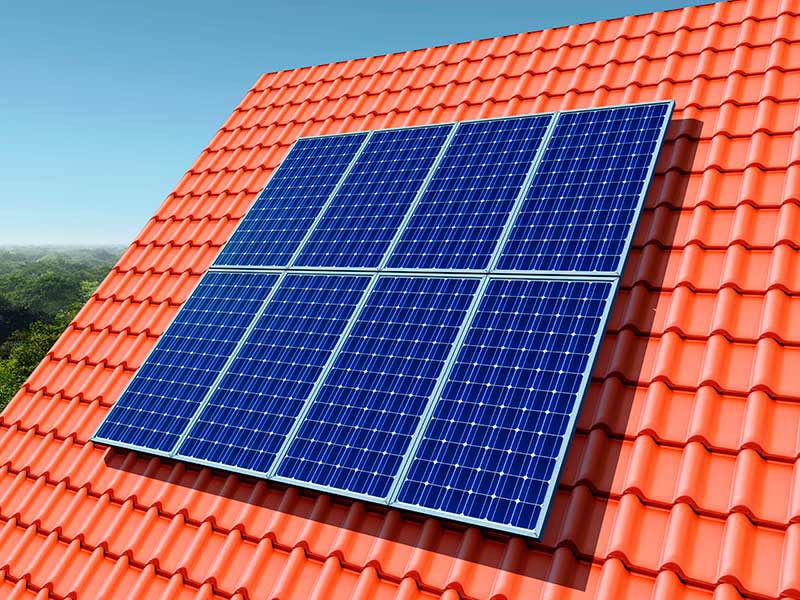Introduction:
Pairing solar with storage can help make solar energy available during outages. With new grid-forming inverters, a solar-plus-storage system may be able restart the grid after disruptions if the system is large enough. Microgrids could also provide resiliency benefits.The frequency and intensity of power outages have increased due to various factors, including severe weather events, aging infrastructure, and rising energy demands. This growing concern has propelled individuals and communities to seek reliable alternatives to ensure continuous power supply. Among these alternatives, solar panels have emerged as a powerful solution, offering not only environmental benefits but also enhanced resilience to power outages.
Independence from the Grid:
One of the most significant advantages of solar panels is their ability to provide energy independence. Traditional power grids are susceptible to disruptions caused by storms, equipment failures, or even cyber-attacks. When the grid goes down, homes and businesses reliant on it are left without power. Solar panels, paired with battery storage systems, allow for the generation and storage of electricity on-site. This means that even if the grid fails, those with solar installations can continue to power essential devices and appliances, ensuring minimal disruption to daily life.

Battery Storage: A Crucial Component:
To maximize the benefits of solar panels during power outages, integrating battery storage systems is crucial. These batteries store excess energy generated by solar panels during the day for use at night or during periods of low sunlight. In the event of a power outage, the stored energy can be tapped into, providing a seamless transition and continuous power supply. Modern battery systems, such as the Tesla Powerwall or LG Chem RESU, have made significant advancements in efficiency and capacity, making them a viable option for many households and businesses.
Microgrids: A Community-Based Approach:
Beyond individual installations, solar panels can also enhance community resilience through the development of microgrids. A microgrid is a localized energy system that can operate independently from the traditional grid. It typically incorporates various renewable energy sources, including solar panels, and often includes battery storage. Microgrids can supply power to a specific area, such as a neighborhood, hospital, or industrial park, ensuring that critical services remain operational during a wider grid outage. This community-based approach not only provides redundancy but also fosters collective energy security.
Environmental and Economic Benefits:
Solar panels offer additional benefits that contribute to overall resilience. Environmentally, they reduce reliance on fossil fuels, decreasing greenhouse gas emissions and mitigating climate change—one of the underlying causes of severe weather events that often lead to power outages. Economically, the cost of solar technology has significantly decreased over the past decade, making it more accessible. Furthermore, government incentives and rebates can offset initial installation costs, leading to long-term savings on energy bills.
Case Studies and Real-World Applications:
Numerous real-world examples highlight how solar panels enhance resilience. For instance, after Hurricane Maria devastated Puerto Rico in 2017, leaving millions without power, solar energy systems played a critical role in the recovery process. Solar panels and battery storage systems were installed in schools, community centers, and hospitals, providing reliable power and aiding in the island’s rebuilding efforts. Similarly, in California, where wildfires have led to planned power outages, many residents and businesses have turned to solar power combined with battery storage to maintain electricity during these disruptions.

Future Prospects:
The future of solar energy in enhancing resilience to power outages looks promising. Advances in technology continue to improve the efficiency and affordability of solar panels and battery storage systems. Additionally, policy initiatives aimed at increasing renewable energy adoption and modernizing the grid infrastructure support the widespread deployment of solar energy solutions. As the frequency of power outages increases, the role of solar energy in providing reliable, sustainable power will become even more critical.
Conclusion:
In conclusion, solar panels offer a robust solution to enhance resilience against power outages. By providing energy independence, enabling the creation of microgrids, and offering both environmental and economic benefits, solar energy systems are well-positioned to play a vital role in ensuring continuous power supply in the face of increasing disruptions. As technology advances and adoption grows, the resilience provided by solar power will be indispensable for communities worldwide.

